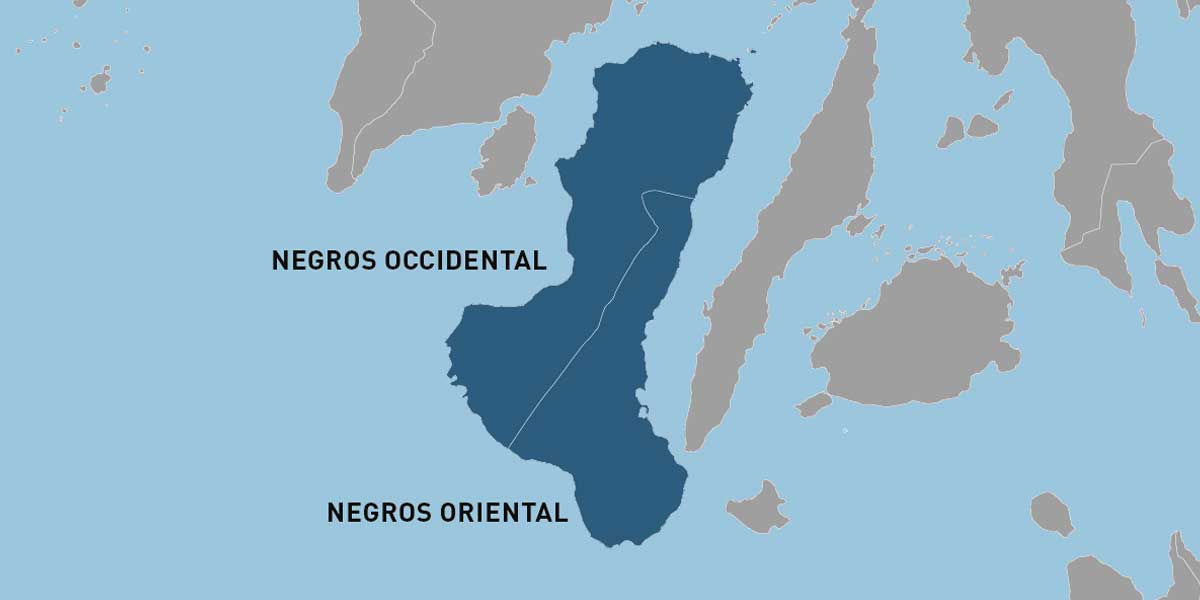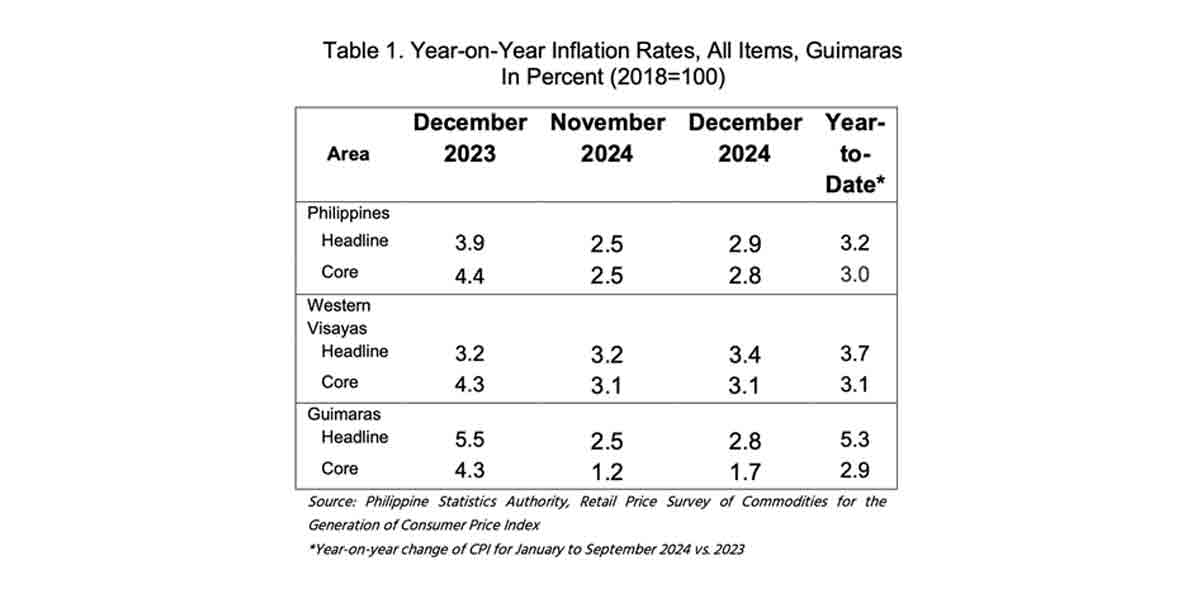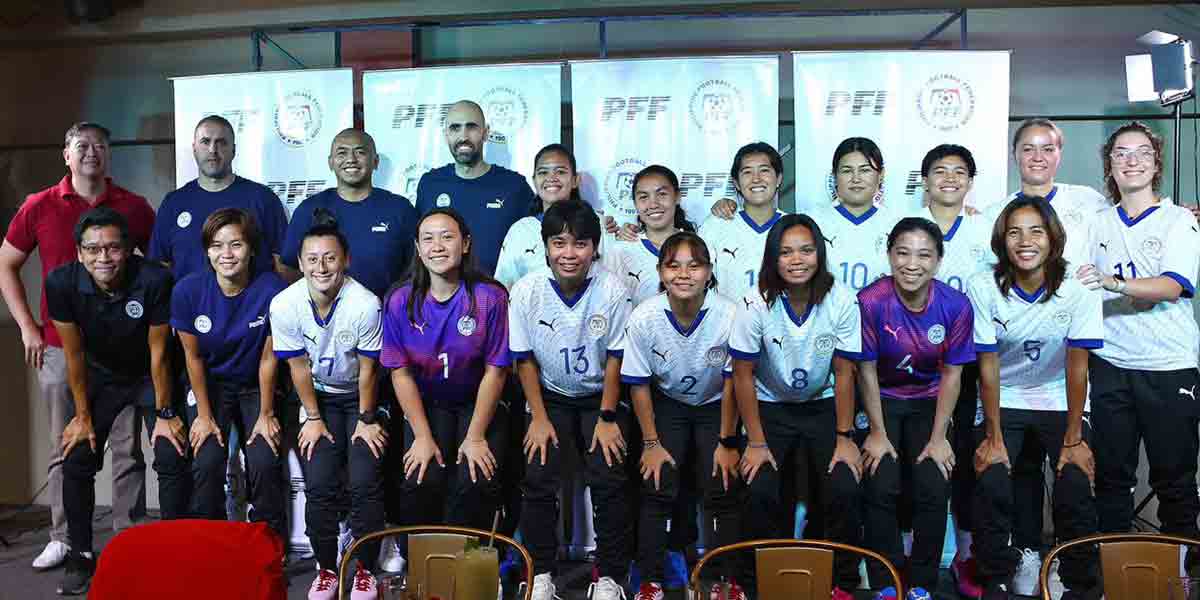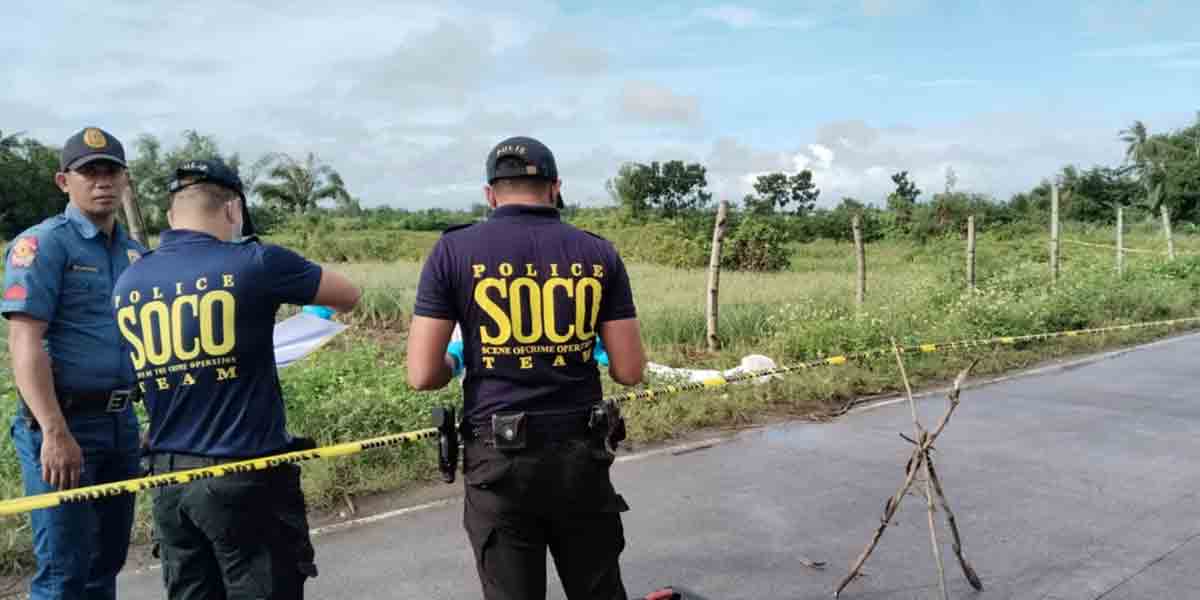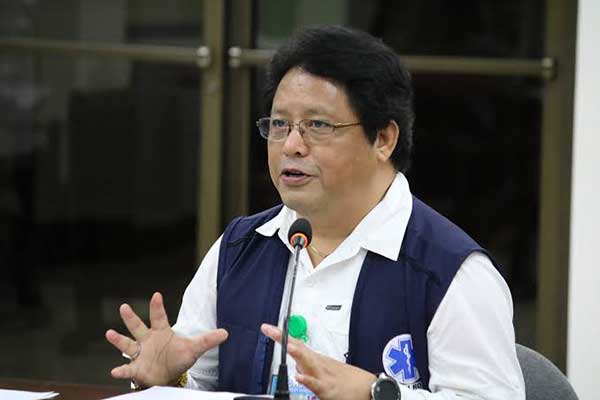
By Joseph B.A. Marzan
The Department of Health-Western Visayas Center for Health Development (DOH-WV CHD) urged the public to remain calm following the confirmation of local cases of the coronavirus disease 2019 (COVID-19) Delta variant.
The DOH-WV CHD held a special press conference afternoon of July 16, 2021 to confirm two cases of the Delta variant in Pandan, Antique.
The two cases, according to DOH-WV CHD Regional Director Dr. Adriano Suba-an, were a senior citizen couple without history of travel and have not been vaccinated.
They were admitted to Justice Calixto Zaldivar Hospital in Pandan on May 27, and were tested via Reverse Transcription-Polymerase Chain Reaction (RT-PCR) immediately after admission.
Their swab specimens were sent to the Western Visayas Medical Center in Iloilo City, which confirmed that they contracted COVID-19 on May 29.
The specimens were sent to the Philippine Genome Center in Quezon City only on June 11 and was confirmed to the Delta variant only on July 15.
The husband was discharged on May 31 after being asymptomatic and was advised to continue home quarantine, which he completed on June 13.
But the wife, who was a Type 2 Diabetic, died on May 31 due to hypoxemia secondary to pneumonia, which were symptoms connected to her COVID-19 infection.
The DOH central office in a press release initially reported that both cases were tagged as recovered.
These were the first locally transmitted cases of the Delta variant that were confirmed in the region. There have been cases of Returning Overseas Filipinos (ROF) who contracted the Delta variant, but have since recovered prior to returning to their hometowns.
Close contacts and suspect COVID-19 Delta cases would be separately quarantined and would only be released if they yield negative results via Reverse Transcription-Polymerase Chain Reaction (RT-PCR) testing.
Suba-an asked the public to remain calm to continue preventing the spread of COVID-19 in the region, saying that the continuous observance of minimum public health standards increases protection against any COVID variant.
He reiterated his inaugural commitment that the DOH-WV CHD will tap other sectors to help out in responding to the pandemic in the region.
“The DOH-WV CHD is advising the public to remain calm, emphasizing that adherence to the health protocols can still significantly prevent the risk of transmission. The DOH-WV CHD assures the public that we are closely coordinating with local government units in the implementation of back tracing and contact tracing to ensure that there is no layer of additional contacts, and strict border control measures,” said Suba-an.
The Delta variant has caused concern around the world as it was the strain that caused the explosion of cases in India.
Known for its increased transmissibility, the Delta variant now accounts for more than half of cases in the US. It also leads to severe cases and hospitalization among unvaccinated persons.
The World Health Organization said the Delta variant rapidly takes off and spreads between people more efficiently than even the Alpha variant that was first detected around December 2020 and January 2021.
As of today, the Delta variant has been reported in 96 countries and is expected that it will continue to spread.
TRACING
DOH-WV CHD Regional Epidemiological Surveillance Unit (RESU) chief Dr. Jessie Glen Alonsabe said that the Antique Provincial ESU, which is currently doing back-tracking, had initial information that one of the close contacts was closely related to an ROF.
But Alonsabe said the information they have received from local officials will still be validated, and they will still intensify their contact tracing based on updates they will receive.
He said that other close contacts who have tested positive have already recovered, but added that they are more concerned with the source of the infection.
“That is only one angle so far that we have gotten from Antique, and we are still looking for possible sources of contacts on how these two cases were infected. We need to do a lot of back-tracking, maybe up to the middle of May, at least to determine the source of infection,” Alonsabe said.
As to the discrepancy of information between the central and regional office, Alonsabe said that this was normal, and they continue to validate information in cooperation with provincial and municipal authorities.
He said that the best data on COVID-19 would come from the local government units, which are the first to receive confirmation from DOH-testing laboratories.
“Maybe there are some reports that we missed, because sometimes the reports coming from the field are not updated, so we were not really informed that the other case had expired. We will be able to make certain corrections. Upon giving the necessary information to the DOH central office, they will be able to make the necessary corrections as well,” he said.
Daily Guardian has reached out to Antique Governor Rhodora Cadiao as to her province’s response to the confirmation of the Delta cases, but she has not responded as of this writing.
ECQ IN ILOILO
Suba-an said the DOH-WV CHD supports the imposition of the Enhanced Community Quarantine (ECQ) on the city and province of Iloilo in relation to the Delta cases.
“We support the stand of our national counterpart because it passed through a rigorous process for sure, and they’re looking at the whole thing on a national perspective, and we are part of it. So if they declare an area under ECQ, there must be a really good reason and we will know the reason as being shared to us,” Suba-an said.
Suba-an clarified that the decisions on community quarantines come from the national Inter-Agency Task Force for the Management of Emerging Infectious Diseases (IATF-MEID), while its regional counterpart reviews zoning containment edicts by component cities and municipalities.
He added that the DOH-WV CHD monitors, consolidates, and communicates reports from the hospitals to other members of the public sector, to the media, and the public through its own channels.
The DOH-WV CHD presents the region’s weekly COVID-19 situationer every Monday during their regular online vaccine advocacy series, Isyung Bakuna.
“When it comes to the type of quarantine for provinces and highly urbanized cities, the decision of that comes from the national [IATF-MEID], but for the zoning containment strategy, that will pass through the regional [IATF-MEID],” Suba-an explained.




